Yerevan /Mediamax/. Prime Minister of Armenia Nikol Pashinyan spoke about the Karabakh conflict at the Italian Institute for International Political Studies in Milan on November 20.
Mediamax presents several of the Prime Minister’s remarks.
Security challenges
The biggest security challenge for us is the Nagorno-Karabakh conflict. It still remains unresolved, becoming a source of permanent tension and threatening to escalate into another outbreak of hostilities.
The background of the conflict
This conflict is not a territorial dispute, as some have tried to present it in a simplified way. It is about the right to self-determination, human rights, and the physical security of the people that live there.
The roots of the conflict date back to early days of the Soviet Union when an Armenian region with 95 percent of Armenian population was assigned to Azerbaijan by an arbitrary decision of the Communist party. This happened as a result of an agreement reached between Bolshevik Russia and Kemalist Turkey in early 1920s.
The peace talks
The negotiation process on the settlement of the conflict was initiated back in 1992, even before the ceasefire agreement was signed. The OSCE Minsk Group, mandated by the international community to mediate the conflict resolution, defined that there were three parties to the conflict - Azerbaijan, Nagorno-Karabakh, and Armenia. This fact was reaffirmed by many international documents of early 1990s.
Indeed, for a long time, Nagorno-Karabakh participated as a party on the negotiation process. In early 1990s, a number of meetings were held between the leaders of Nagorno-Karabakh and Azerbaijan, as well as the ministers of defense of Azerbaijan, Nagorno-Karabakh and the Republic of Armenia.
Unfortunately, despite the decades-long efforts of international mediators, the Nagorno-Karabakh conflict still remains unresolved.
A very odd position
First and foremost, Azerbaijani authorities refuse to negotiate with the representatives of Nagorno-Karabakh. They claim that Nagorno-Karabakh should be considered an indivisible part of Azerbaijan. But this is really a very odd position. On the one hand, Azerbaijani authorities want Nagorno-Karabakh to be a part of their territorial integrity. On the other hand, they do not want to conduct a dialogue with the representatives of Nagorno-Karabakh. Is this not somewhat strange?
The territories without the people
What does this position mean? It means that Azerbaijani authorities in fact do not want to negotiate with the people of Nagorno-Karabakh, because they only want the territories but not the people. To be more precise: they want the territories without the people. It means that they hope to resolve the conflict by military means: occupy the territory of Nagorno-Karabakh, conduct ethnic cleansings, and get rid of both Armenians and the problem itself.
There are many reasons to believe that the Azerbaijani authorities are preparing their society to a war. This is why they are inflaming anti-Armenian sentiments among their people. This is why they are spending enormous resources on armament.
Concrete steps
Notwithstanding the anti-Armenian policy of the Azerbaijani authorities, Armenia is taking concrete steps towards finding a mutually-acceptable solution to the conflict. With this end in view, about one year ago I publicly stated that any solution to the Nagorno-Karabakh conflict must be acceptable for the people of Armenia, people of Nagorno-Karabakh, and the people of Azerbaijan.
I was the first Armenian leader to voice such a position. I was heavily criticized in my country for such a formula which places the three parties of the conflict on an equal footing. Nevertheless, I strongly believe that this is the only way to the peaceful and lasting settlement of the conflict, because it offers a possibility for compromise, mutual respect, and balance.
In order to move forward, I expected a similar statement from Azerbaijan. Should we hear such a statement from President Aliyev, this would be a real breakthrough in the negotiation process.
However, the highest authorities of Azerbaijan maintain their position, which aims at a solution of the conflict acceptable only for the people of Azerbaijan. It gives me an additional reason to believe that Azerbaijan is nursing hopes to resolve the conflict by military means and doesn’t want to find a solution at the negotiation table.
No alternative to peaceful solution
Azerbaijani authorities should understand that there is no alternative to the peace talks and the peaceful solution to the problem.
First of all, it is absolutely useless to speak with Artsakh (Karabakh) and Armenia in a language of threat. It’s a road to nowhere. Azerbaijan once tried to speak the language of violent force with the people of Nagorno-Karabakh and faced serious consequences despite its huge superiority over Nagorno-Karabakh in terms of both population and the armament. Attempts to avenge this military failure will not lead to anything good.
A military escalation in our region will have disastrous consequences with even a global impact. Apparently, an Azerbaijan engaged in hostilities could provide a fertile ground for those terrorists who lost ground in Syria and Iraq and now are looking for new territories to set up their operations.
Geographically, Azerbaijan could become a perfect basis for them to penetrate in all four directions to the South, to the North, to the East, and to the West.
















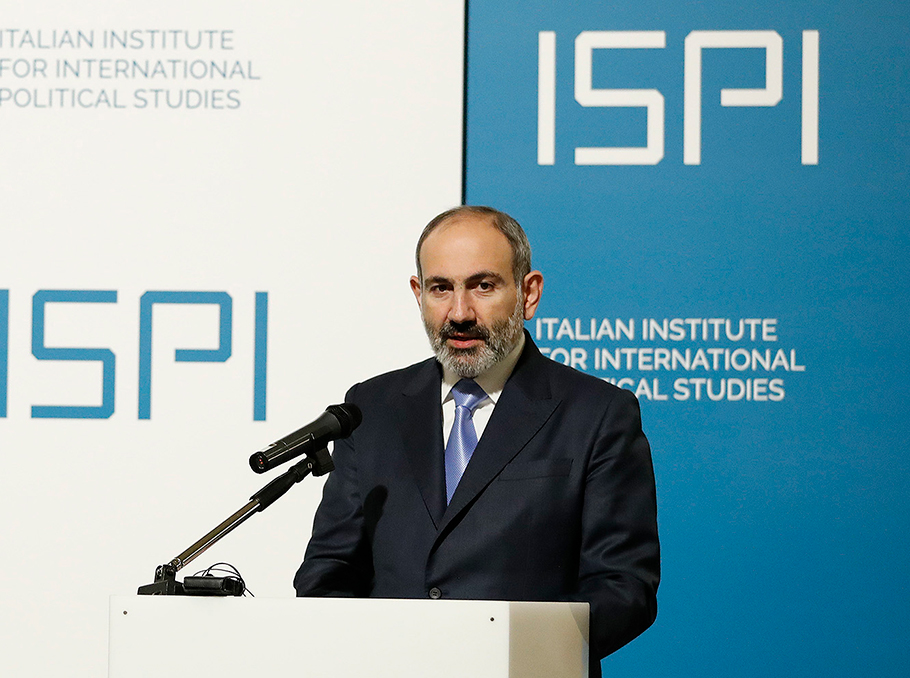
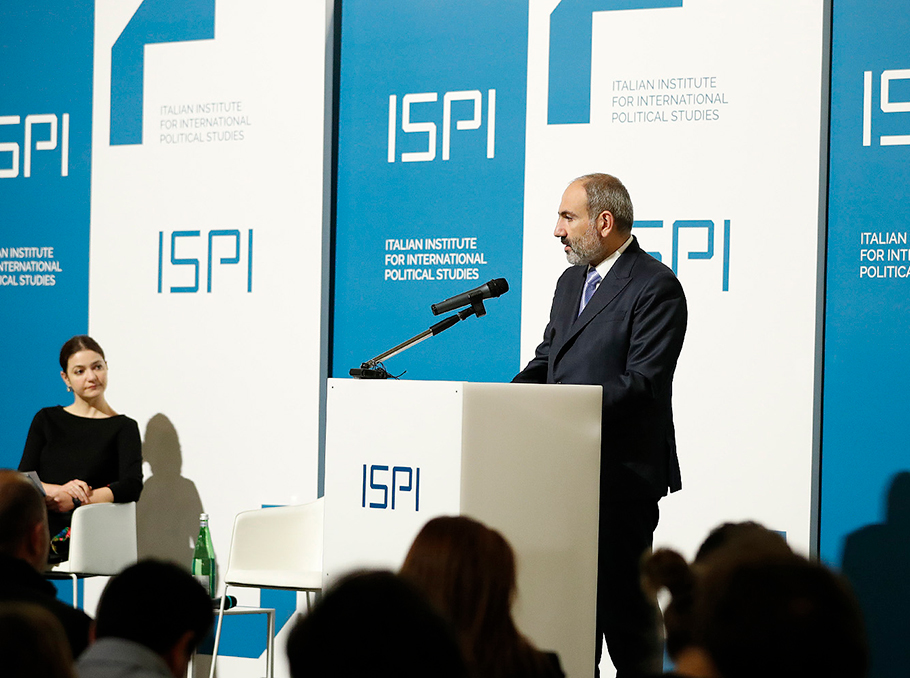
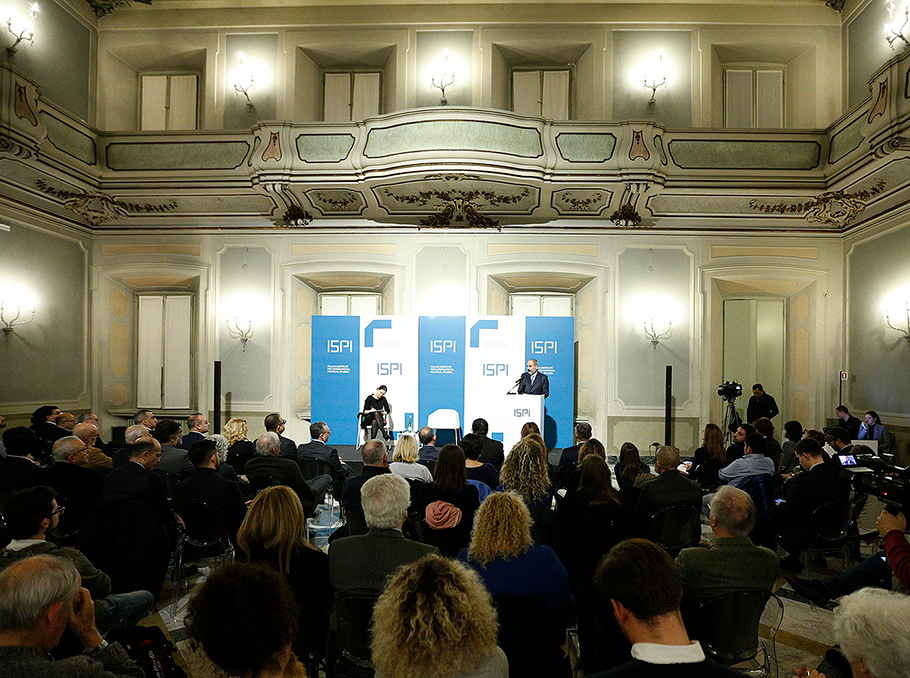

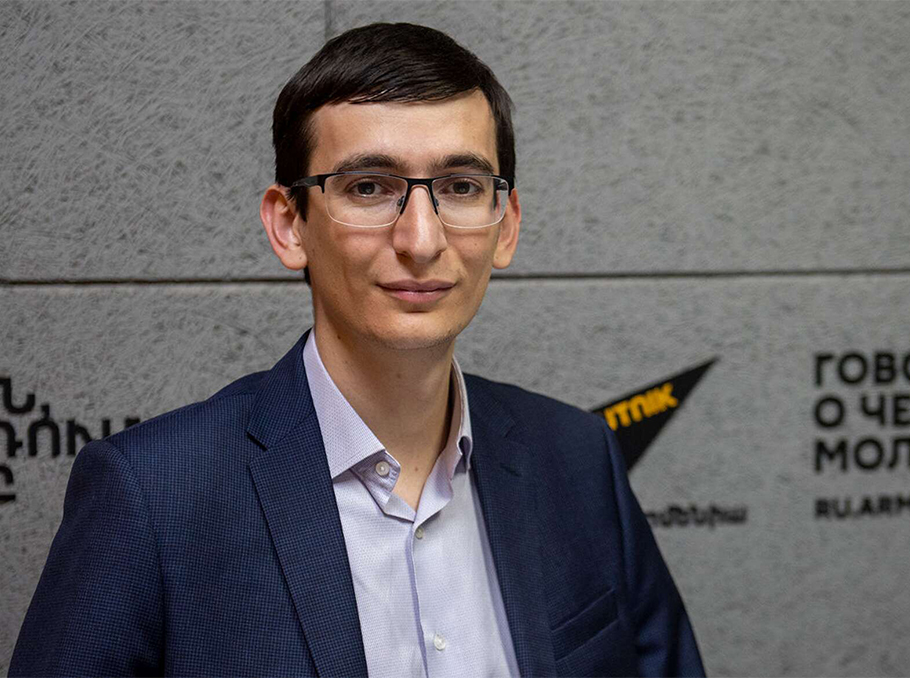
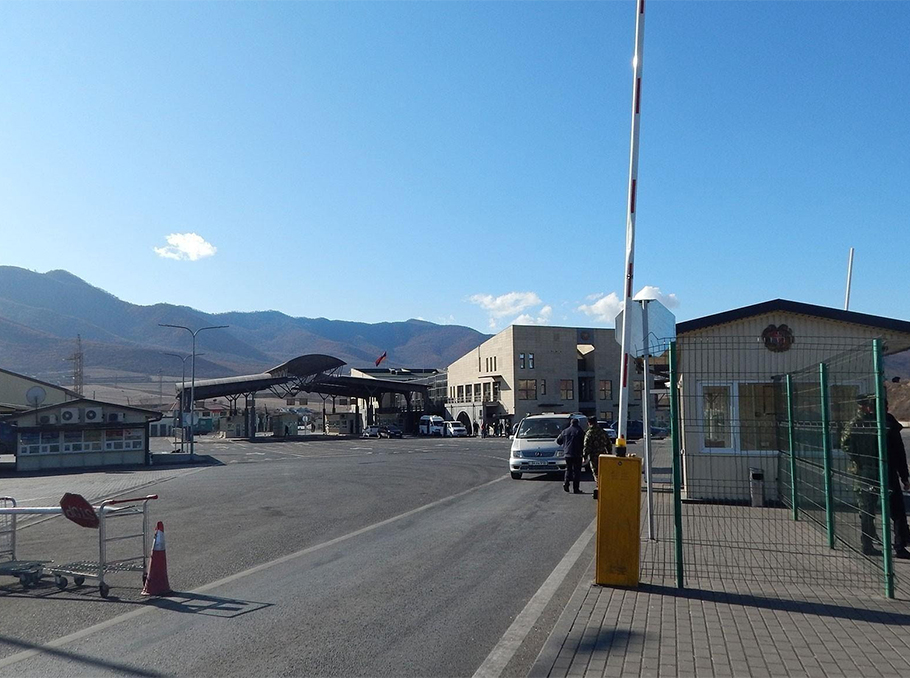
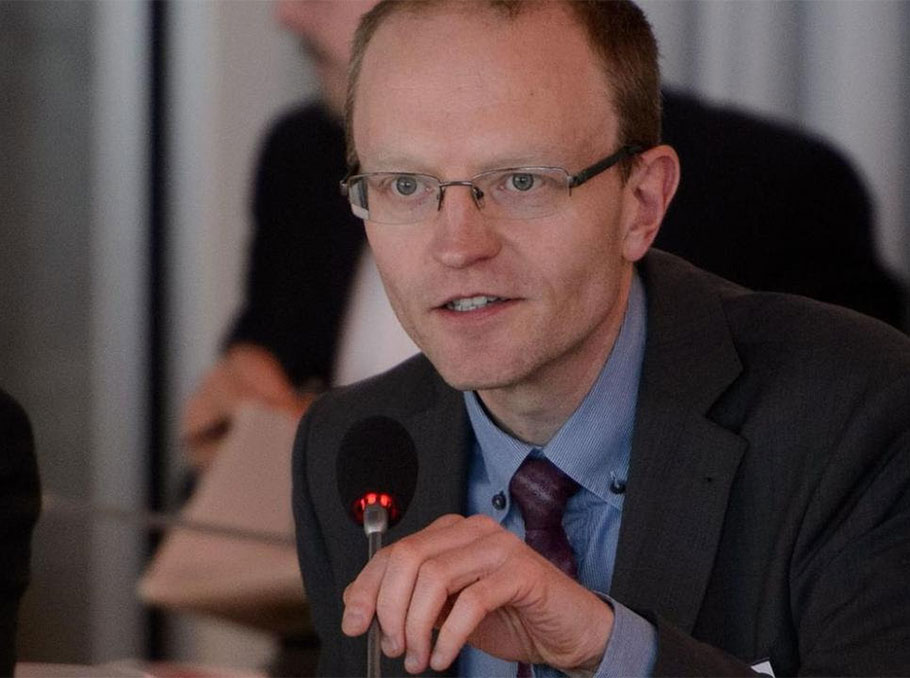







Comments
Dear visitors, You can place your opinion on the material using your Facebook account. Please, be polite and follow our simple rules: you are not allowed to make off - topic comments, place advertisements, use abusive and filthy language. The editorial staff reserves the right to moderate and delete comments in case of breach of the rules.